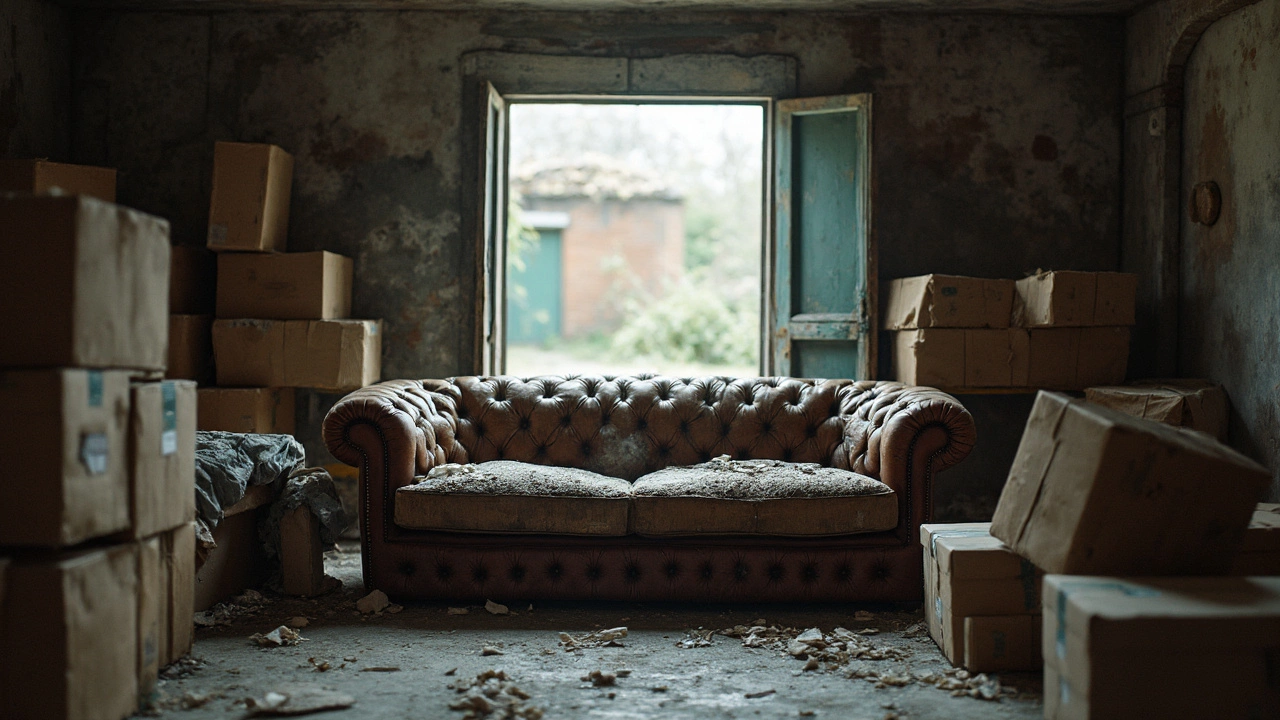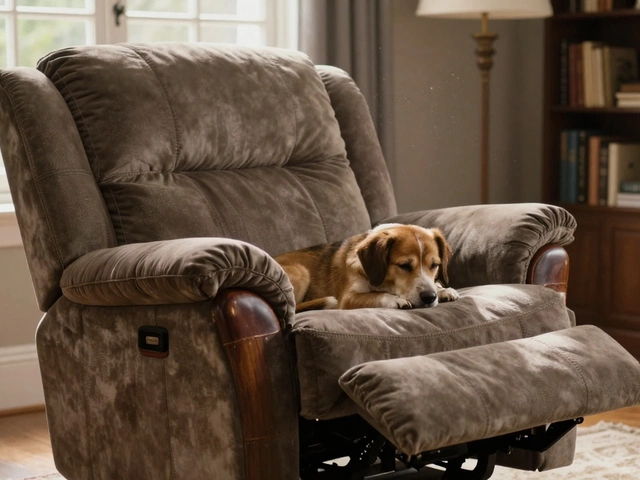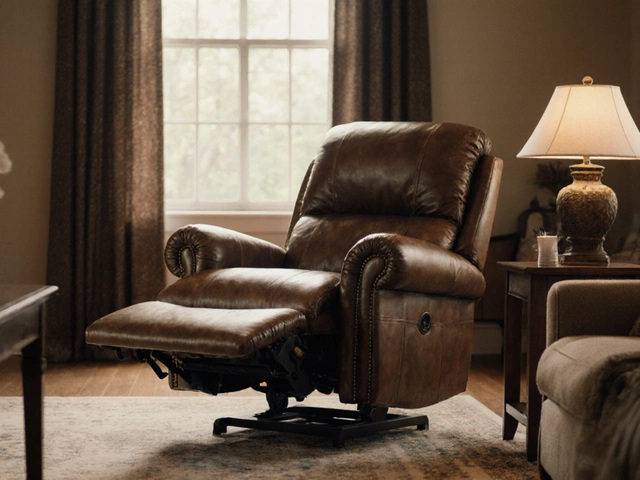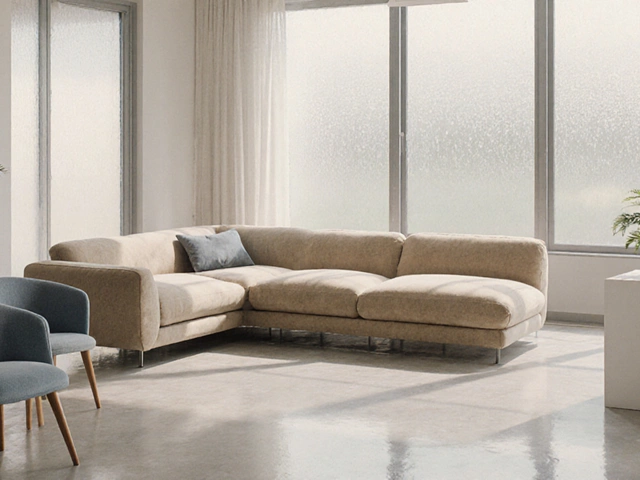Storage Tips for Furniture: Keep Your Pieces Safe and Sound
Got a new heirloom table or a set of comfy chairs? Storing them the wrong way can turn a smart purchase into a costly mistake. Below are real‑world tricks to protect wood, fabric and metal whether you’re tucking items into a garage, a storage unit or a tiny flat.
Control Temperature and Humidity
Wood loves steady conditions. Huge swings – like a cold garage in winter or a hot, humid attic in summer – make it shrink, swell and eventually warp. If you have to keep furniture in an unheated space, invest in a small dehumidifier or silica‑gel packets. Place them in the corners of cabinets or under cushions. Even a cheap hygrometer can show you when the air is too moist; aim for 40‑60% relative humidity.
For items that stay in a storage unit, choose a climate‑controlled facility. It costs a bit more, but it saves you from repairing warped legs or sagging sofas later. When climate‑controlled isn’t an option, wrap furniture in breathable cotton covers rather than plastic – plastic traps moisture inside.
Guard Against Pests and Mold
Rodents love dark, tight spots. If you store a chest or wardrobe, sprinkle a few drops of peppermint oil or place dryer sheets inside – the scent repels mice without harming the wood. For larger pieces, use rodent‑proof containers or metal racks that keep the floor off the ground.
Mold and mildew thrive in damp corners. Before storing, give every surface a quick wipe with a solution of one part vinegar to three parts water. Let it dry completely. For extra protection, a lightweight coat of furniture wax on wood creates a moisture barrier that also keeps dust at bay.
Pack Smart, Move Smart
Never stack heavy items directly on top of delicate furniture. Use pallets or sturdy boards to spread the load. When loading a truck, place larger pieces against the walls and fill gaps with blankets or moving pads – this prevents shifting during transport.
Disassemble when you can. Take off removable legs, shelves or cushions and keep screws in labeled zip‑locks. This not only makes the pieces easier to fit, but also reduces stress on joints.
Long‑Term Storage Checklist
- Check humidity levels; add desiccants if needed.
- Inspect for existing dents or cracks; repair before packing.
- Cover with breathable fabric, not plastic.
- Use pest‑repellent scents or traps near storage area.
- Label boxes and parts for quick reassembly.
Follow these steps and you’ll keep your furniture looking fresh for years, whether it lives in a garage, a rented unit or a spare room. Got a specific storage dilemma? Share it in the comments – there’s a good chance we’ve got a fix ready.



